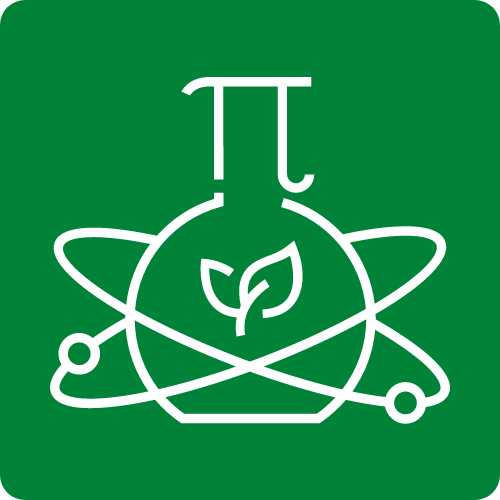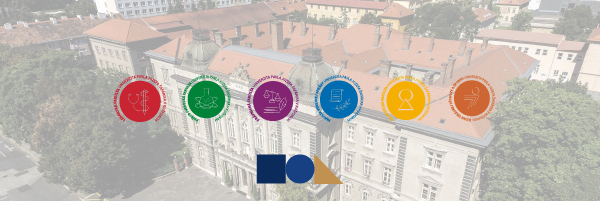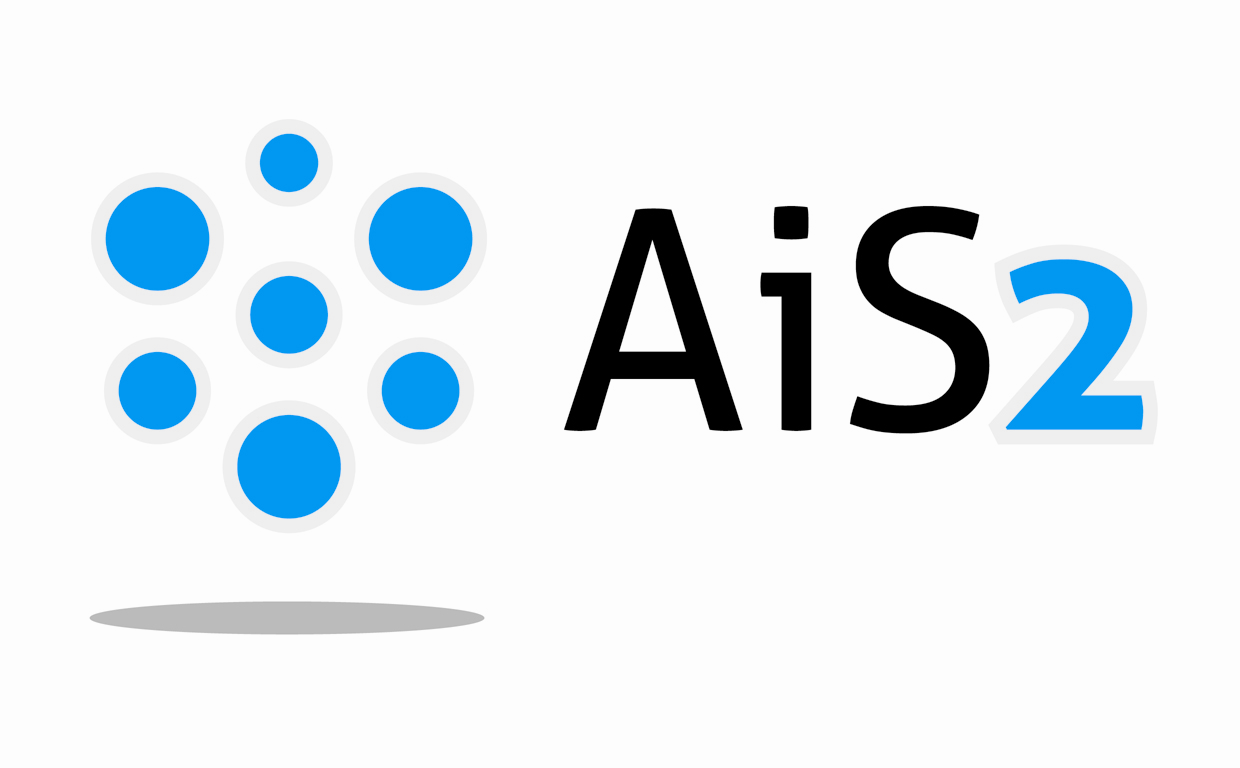|
Brief information for applicants interested in the PhD. study |
|
Our doctoral programme Geoinformatics and Remote Sensing (GIS & RS) links to the research and education expertise of the Institute of Geography, Faculty of Science, Pavol Jozef Šafárik University in Košice. Despite there are several other academic and research institutions in Slovakia producing excellent work in Geographic Information Science, we offer the only doctoral study programme in this field in the country. The academic personnel and technology infrastructure of the Institute of Geography provides very favourable conditions to support the GIS & RS study. The ongoing and past research projects and published results provide evidence of our know-how and its scientific relevance. The students are involved in the research projects since the beginning of the study, actively contributing to publication of the results. They work with state-of-the-art software and mapping technologies concentrated in the Laboratory of GIS and Laboratory of RS. Students are encouraged to actively attend international conferences, networking events and undertake part of the study abroad, for example, via the ERASMUS+ programme.
How is the study organized? Standard duration of the study is four years. Normally, submissions are due by June and the study commences in September. The activity is split into a study and a scientific part. In the study part, students are required to obtain credits from compulsory courses selective compulsory courses. The compulsory courses are aimed at expanding the knowledge of the theory and methodology of Geoinformatics, Remote Sensing and Methods of geospatial analysis, geospatial modelling, and methods of geographic research, which can be used effectively in an environment of geographic information systems. The selective compulsory courses allow for specialisation of the student according to his or her thesis, for example, programming for GIS, methods of geospatial data acquisition, mapping with unmannend aerial systems (UAS), geomorphometry and digital terrain modelling, cartographic coordinate systems, webGIS and interoperability of geodata, geostatistics, software engineering, distributed computing. The scientific part involves reaching scientific objectives such as publications, citations, research projects, etc. Successful finish of the doctoral study expects acquiring skills and scientific expertise to publish the achieved results in international peer-reviewed research journals. Students will learn these skills in the process of supervision and communication with other colleaguesat the Institute. Both components start since the first year of study and, typically, the study part is finished within the first or second year. Students meet with their supervisors on regular basis and they are required to report their progress annually. |
| Main research areas: |
|
 |
 |
|
 |
|
 |
 |
|
 |
|
 |
 |
| Supervisors: |
| prof. Mgr. Jaroslav Hofierka, PhD. |
| doc. Mgr. Michal Gallay, PhD. |
| doc. RNDr. Zdenko Hochmuth, CSc. |
| prof. Ing. Vladimír Sedlák, PhD. |
| doc. RNDr. Ján Kaňuk, PhD. |
|
Who can apply? |
|
We welcome all applicants, not only graduates of the field of geography, but also those interested in related fields. The applicant should support their interest with relevant background in GIS/RS which they either acquired during previous study or job. A personal contact with a potential supervisor is advisable to consult the focus of the thesis. Specific topic can be negotiated but it is subject to the focus of current research project at the Institute. The focus of the thesis can be modified during the study to more accurately reflect the content of the thesis. The number of doctoral posts is limited to 2-4 places per year. |
|
Profile of the PhD. graduate |
|
The graduate has a wide range of theoretical and empirical knowledge of geographic information science and remote sensing. He or she is capable of solving complex geospatial tasks and apply the knowledge in practice. The graduate is capable of developing the theoretical-methodological base of Geoinformatics, particularly in the field of geospatial analyses, environmental modelling and the application of the most advanced methods of Remote Sensing. The graduate knows the principles of scientific work and research, including publishing in scientific journals and presentation of scientific results. He or she can formulate research questions and solve them creatively with appropriate methodological procedures. The graduate has an excellent overview of the contemporary state-of-the-art. Graduates of this PhD. programme are highly relevant on the job market especially for institutions focusing on research and development, universities, governmental institutions for landscape management, in business where the development of geographic information systems software and spatial data acquisition and analysis is required. |
Doctoral Study
Study at UPJŠ









